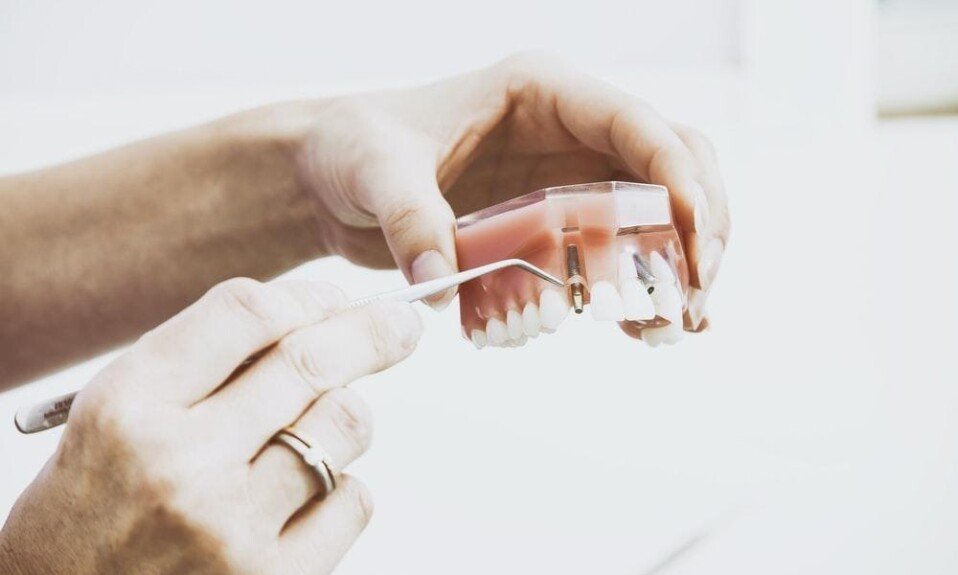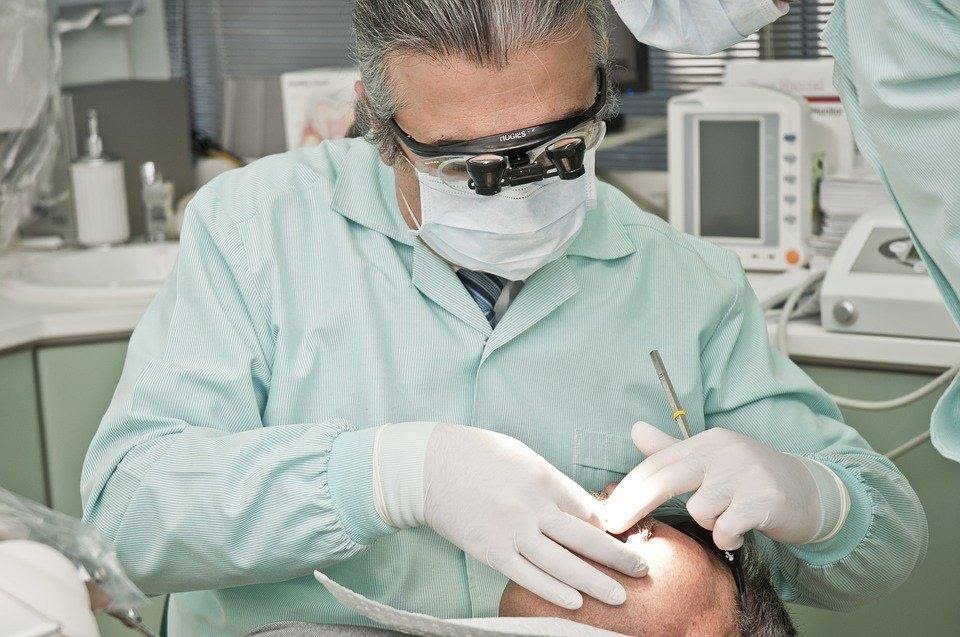
When you stop and think about it, your teeth do have to endure endless punishment, day after day, as everything you eat must be chewed prior to digestion. If you happen to bite down on a filling, the worst can happen, and it pops out.
While dental fillings are supposed to be durable, the longer they are in your mouth, the more chance there is that a filling would work itself loose, although a filling could become unattached at any time. Here’s what to do should the worst happen, and a filling comes out.

- Make an appointment with your local dentist – As soon as you possibly can, phone your dentist and make an appointment. If you are in pain, inform the dentist of this and he or she would try to fit you in if possible, otherwise you can ask the dentist what to do to protect the tooth until you can make it to the clinic. If your regular dentist is not available, call an emergency dentist on the Gold Coast or in your local area who would always have a few slots free for emergencies, and losing a filling is classed as an emergency.
- Keep the filling if you can – If you can manage to find the filling, wrap it in tissue and take it with you when you visit the dentist, as they can sometimes reattach a filling. If you lose a crown, it is important to locate the crown whenever possible and take it with you when you go to see the dentist.
- Gargle with saltwater – This will help to clean the affected area; simply mix half a teaspoon of salt in a cup of warm water and gargle for a few minutes before spitting the water out. You can do this every few hours until such time you can see a dentist. This will help to keep the exposed area clean and free of bacteria.
- Avoid chewing on the area – When eating, try not to chew on the affected area when possible, and this will help to protect the exposed part of the tooth.
If for any reason, you cannot see a dentist for a couple of days, you might need some over-the-counter painkillers, such as Ibuprofen or paracetamol, which will reduce inflammation and hopefully, also the pain. You could get some clove oil and apply this to the affected area, which is a good way to relieve pain, or alternatively, use a local numbing agent.
Preventative Measures

There are things that you can do to reduce the risk of losing a filling, which include the following:
- Brushing and flossing daily
- Replace your toothbrush every 3-4 months
- Brush your tongue to remove bacteria
You should also have regular dental examinations, as this can reveal a minor issue, which the dentist can treat immediately, thus preventing further problems.
A filling could last up to 25 years, depending on factors like the quality of the filling and how it was fitted, the material used and the way you care for your teeth. If you should ever lose a filling, make an appointment with your local dentist as soon as possible and take the loose filling with you if you are able.




